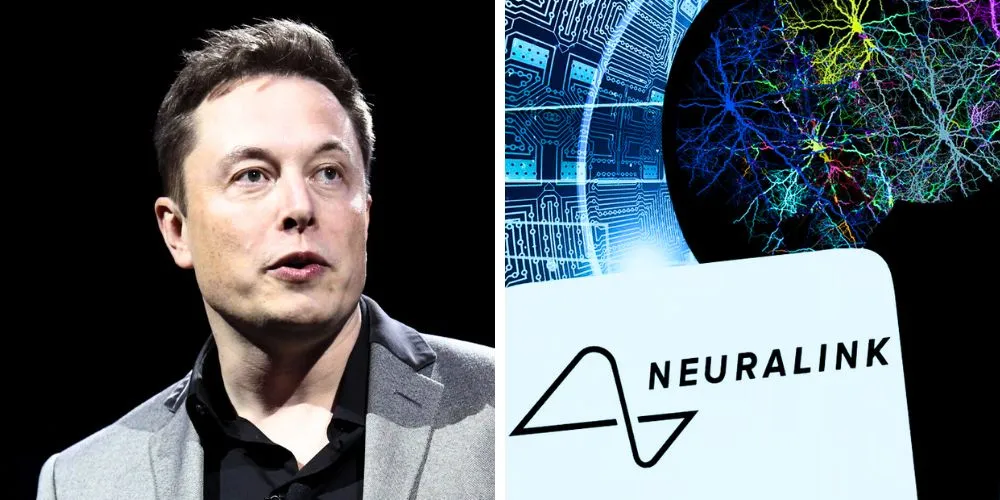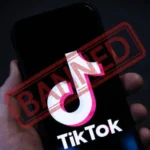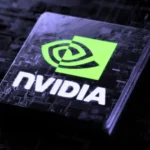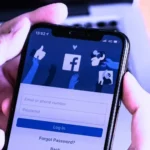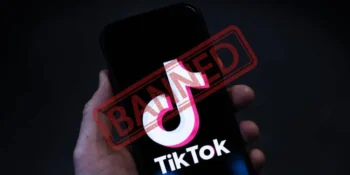Key Points
- Neuralink’s Blindsight device for restoring vision has received the FDA’s “breakthrough device” designation.
- They are designed to restore vision even for those who have lost both eyes and optic nerve.
- The company is developing brain-chip interfaces to help disabled individuals regain movement, communication, and vision.
- A separate trial is underway to allow paralyzed patients to control digital devices with their thoughts.
Neuralink, Elon Musk’s brain-chip startup, announced that its experimental device, Blindsight, which aims to restore vision, has received the U.S. Food and Drug Administration’s (FDA) “breakthrough device” designation. This designation is reserved for innovative medical devices that address life-threatening conditions and aims to speed up the development and review processes.
According to Musk’s post on X (formerly known as Twitter), Blindsight is designed to restore vision even for individuals who have lost both eyes and their optic nerve. While Neuralink has not yet specified when to move the device into human trials, the FDA designation marks a significant step in advancing the project.
Founded in 2016, Neuralink focuses on creating brain-chip interfaces to help patients with disabilities. The company aims to develop technology that could allow people to regain the ability to move, communicate, and, with Blindsight, see. Neuralink’s implant contains a chip that processes neural signals, which can then be transmitted to external devices like computers or phones.
In addition to Blindsight, Neuralink is also working on an implant designed for paralyzed individuals, allowing them to control digital devices using only their thoughts. This separate project is currently in early trials, with the FDA approving the enrollment of three patients for a study that could take several years to complete. As of this year, Neuralink successfully implanted the device in its second patient, who has been using it to play video games and design 3D objects.
Neuralink’s projects are part of a broader effort to develop brain-machine interfaces that could revolutionize treatments for neurological disorders and physical disabilities. While the company’s vision-restoring Blindsight device is still in development, the FDA’s breakthrough designation brings it one step closer to potentially transforming the lives of individuals with severe vision loss.
